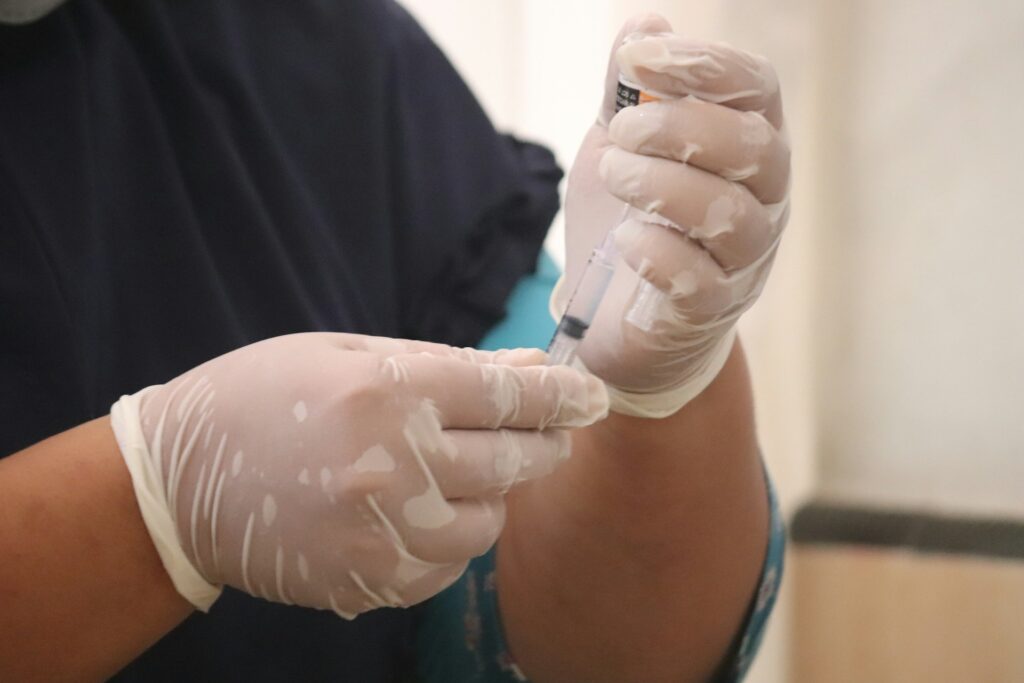Oculomics research; using the eye as a window and a diagnostic means for a large number of systemic diseases, is a rapidly growing field at Indiana University. This project, which took in a $4.8 million NIH venture programme grant earlier this year, seeks to develop more sophisticated noninvasive eye scans that can identify indicators of conditions like diabetes, Alzheimer’s disease and heart disease in the earliest stages. The research has been spearheaded by IU School of Optometry professor Dr. Stephen A. Burns and IU associate professor Eleftherios Garyfallidis of the intelligent systems engineering school.
“This research is about using the eye as a window on health,”
said Dr. Burns.
“The retina is the only directly observable part of the central nervous system. We want to give health care providers the clearest view they can hope to get into the body, non-invasively”
The technology under development can visualise blood flow in a retina at such a resolution that individual red blood cells, or any other type of blood cell, can be seen moving. That also could lead to understanding how retinal changes may contribute to diseases, such as Alzheimer’s.
Indiana University’s collaboration with experts from Northwestern University and Stanford University aims to integrate their technology into a single device. Dr. Amani Fawzi from Northwestern University, who is also a key collaborator, highlighted the potential of the project:
“If we can detect the same signs using eye scans that we now identify through expensive and invasive PET scans, we will make diagnostics more accessible to millions of people”
Eleftherios Garyfallidis, who is leading the AI component of the project, noted,
“Machine learning will allow us to reduce the time needed for diagnosis from days to minutes. This is critical for getting these technologies into clinical use quickly and effectively”
Indiana University is on the cusp of revolutionising routine eye exams to become powerful first line detectors of systemic diseases, enabling millions of patients a better prognosis. The research could dramatically cut healthcare costs and improve care for patients with a variety of conditions by making advanced diagnostics more accessible.

Hassan graduated with a Master’s degree in Chemical Engineering from the University of Chester (UK). He currently works as a design engineering consultant for one of the largest engineering firms in the world along with being an associate member of the Institute of Chemical Engineers (IChemE).



